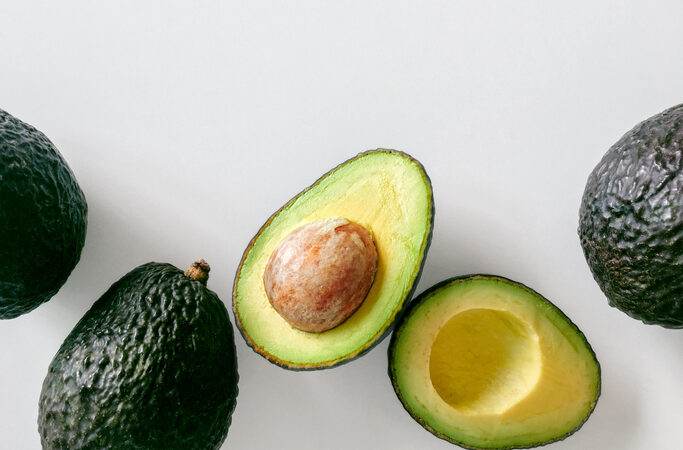
SHA Magazine Healthy Nutrition
Nutrition Under the Magnifying Glass – Part IV
Relativity theory and the avocado
The sooner we stop thinking of unrefined, unprocessed foods that come straight from nature as ‘good’ or ‘bad’ foods, the easier it will be to understand how to eat.
An avocado, by itself, is neither good nor bad. It just has a nutritional profile that is, or is not, suitable for a particular climate, person or condition. When are we eating this avocado? In the summer in Spain or during the winter in Finland? Is the person eating it someone who feels cold all the time or are they prone to overheating? Do they suffer from reflux or strong digestion?
We must understand the energy qualities of foods and apply that knowledge to what we eat. It may seem difficult, but it is not, if we choose the foods that nature presents month to month.
Good fat and bad fat
Fats can be saturated or unsaturated. Neither is good or bad, since both are necessary in the right amounts and proportions, to enjoy an active and healthy life. We should eat less saturated fats tan unsaturated fats. We can do that by minimising or avoiding butter, dairy products, meats, palm oil, coconut oil, which are solid at room temperature, in favor of unsaturated fats, such as olive, sesame, seed or nut oils.
Another good reason to avoid saturated fats, especially from animal sources, is to avoid the toxins that accumulate in them over the course of animals’ life.
Vegetable oil consumption should be balanced in order to get the right amounts of omega-3 and omega-6. This is easy if we consume moderate amounts of olive oils or sesame every day and some dried fruit.
The quality of the oil is especially important. It must always be organic, cold-pressed, and only from the first pressing, since those obtained by other means, such as via hear or chemical treatments, damage the product can be harmful.
Fish: Small, wild and not too many
If we include fish in our diet it should ideally be small species and wild-caught. This way we avoid consuming the heavy metals and toxins that accumulate in larger predatory fish and farmed fish. There are also other ways to eliminate these heavy metals. Fish intake must also be moderate: no more than once a day.
To be continued…





